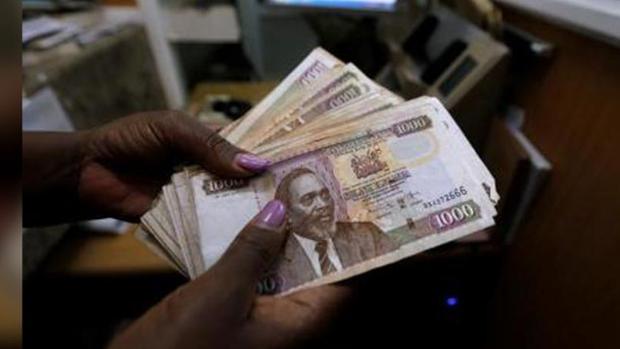Updates for online forex trading in Kenya

The retail online forex market has been growing rapidly around the world since the internet became more accessible in the early 2000s. Even though the total volume transacted daily by individual traders is a small proportion of the total $5.1 trillion, it’s still a large amount nonetheless. The trend has also caught up in Africa, with forex trading in Kenya becoming a valid investment option for individuals.
Even though the practice has been around for over a decade, forex trading in Kenya has only just began growing in the past 5 years or so. Nevertheless, the growth has been enough to catch the attention of financial regulators, who are now creating laws targeted at online forex trading in Kenya. Numerous online forex bureaus have been cropping up around Kenya, with the numbers standing at about 80,000. There are probably a lot more individual traders who use cashless payment systems, and it’s impossible to track the actual numbers.
Regulations on online forex trading in Kenya
In charge of regulating investment activities is the Capital Markets Authority (CMA). The call for stricter regulations on online forex trading started last year in July when a draft of new regulations was proposed. The draft was titled, ‘Licensing requirements for online forex brokers and conduct of online forex businesses, and had been proposed by the CMA. The laws were expected to come into effect this year, and they just have. The new regulations have now officially been gazetted along with the amendments of the Capital Markets Act.

Among the new regulations are conditions covering:
The Kenyan shilling
The Kenyan shilling had been sliding against major currencies. This is mostly because of the uncertainty created by the general elections, but the CMA also claim traders are spreading negative rumours. Last year, the central bank warned bankers and traders not to make negative comments. This year, the CMA has excluded the Kenyan shilling from online forex exchanging.

For forex dealers
Previously, any company could operate as a forex market dealer without a license, but now all such institutions are required to acquire a license from the CMA. The CMA recognized that these dealers were using offshore platforms and brokerages to conduct businesses, even though they were not regulated to operate in Kenya. It’s not just the license, either, since the CMA will be overseeing all the activities by the dealers so as to protect their clients.
These dealers must also have Ksh. 50 million (~ $500,000) in capital to get the license. Furthermore, these capital reserves must remain in Kenya, with at least Ksh. 40 million (about $400,000) or 80% of the capital, whichever is higher, in liquid form. The CMA stated that the requirement was supposed to protect customers. According to CMA’s director of policy and strategy, Luke Ombara, the new regulations were meant to create fair and transparent online forex trading.

For retail traders
Online forex brokers allow deposits through various payment system providers like Skrill, Neteller, etc. In Kenya, the use of M-Pesa, a mobile payment service, makes it possible for users to send money to their online forex brokers without ever going through a bank. The CMA acknowledged that this had the potential to disrupt analysis of capital outflows and inputs. Therefore, all individual retail forex traders are required to fund their forex trading accounts through ledger accounts created by licensed forex brokers.
How will these regulations affect online forex trading in Kenya?
The laws have just come into effect this week, so thus far the effects of the law have not been felt. However, the CMA is probably going to have trouble implementing the new laws because of the cashless payment system. But, we only need to wait and see how it goes first.


























Comments (0 comment(s))